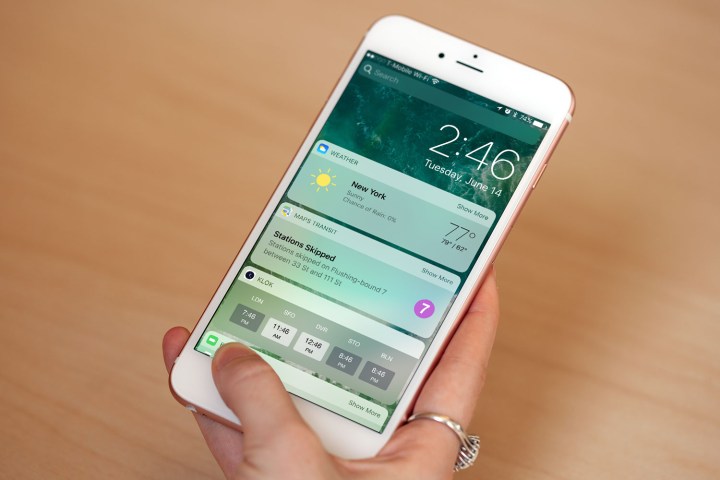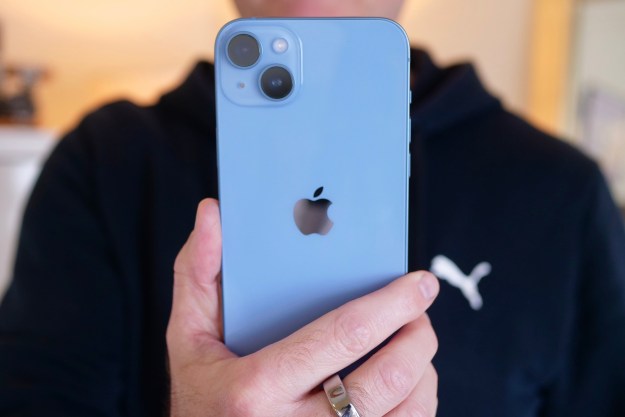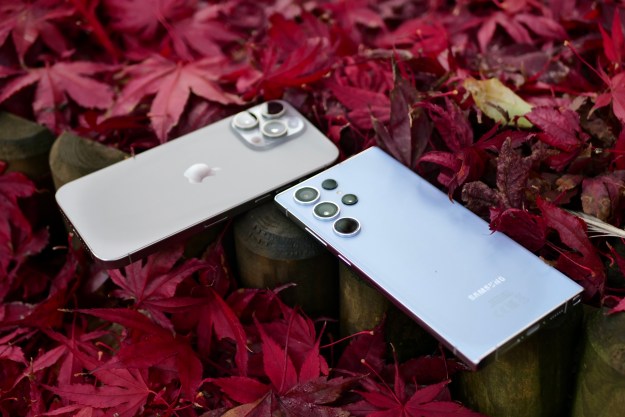
And that’s exactly what the company attempted to do at its developer conference earlier this month. The Cupertino company quietly unfurled its plans to collect data from its users to improve the AI features embedded within Siri in the newest version of its mobile operating system. With the data, Apple hopes to improve its software’s abilities to better predict its owners’ needs.
As privacy concerns grow with consumers, the company will employ “differential privacy,” an algorithmic method that seeks to minimize the chances of identifying the data’s origin while still allowing Apple to draw key inferences to improve its AI products. But at WWDC, the company was somewhat quiet on what this all actually meant, both for iOS 10 and for the users. Apple has worked to clear things up in the past few days, though.
The method will premiere in iOS 10, and Apple explained it has not been collecting this kind of data in the past, Recode reports. Additionally, users have to opt-in and provide consent for Apple to save the data. Apple was also clear that the image recognition features in the new OS will not utilize data from photos on users’ iCloud accounts, although it is not clear what photos it is using to power the service.
Data collected from users includes “new words that users add to their local dictionaries, emojis typed by the user (so that Apple can suggest emoji replacements), deep links used inside apps (provided they are marked for public indexing) and lookup hints within notes.”
This type of data will be used to perform and predict different functions, including recommending apps at specific times, or adding calendar events or contacts using email and iMessage content.
While Apple certainly hasn’t been first to the artificial intelligence game, its slow-and-steady approach and explanation of how it is collecting its users’ data could pay off in terms of gaining trust.
Editors' Recommendations
- Here’s how Apple could change your iPhone forever
- This one thing could make iOS 18 the best iPhone update in years
- Everything you need to know about the massive Apple App Store outage
- This could be our first look at iOS 18’s huge redesign
- 10 reasons you should buy an iPhone in 2024


